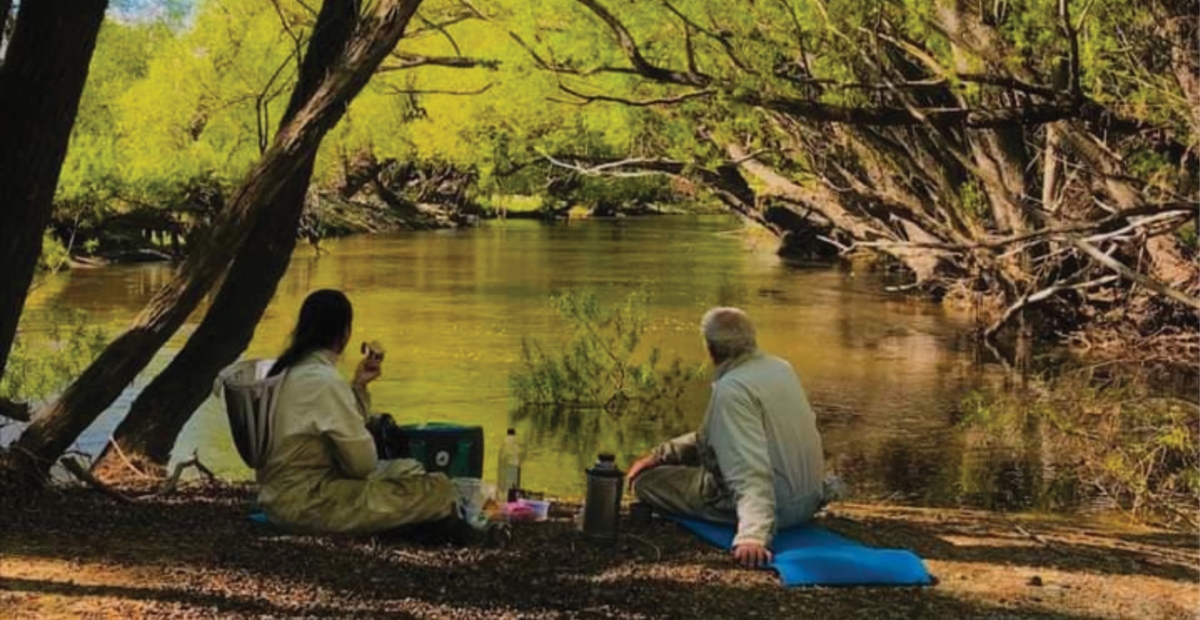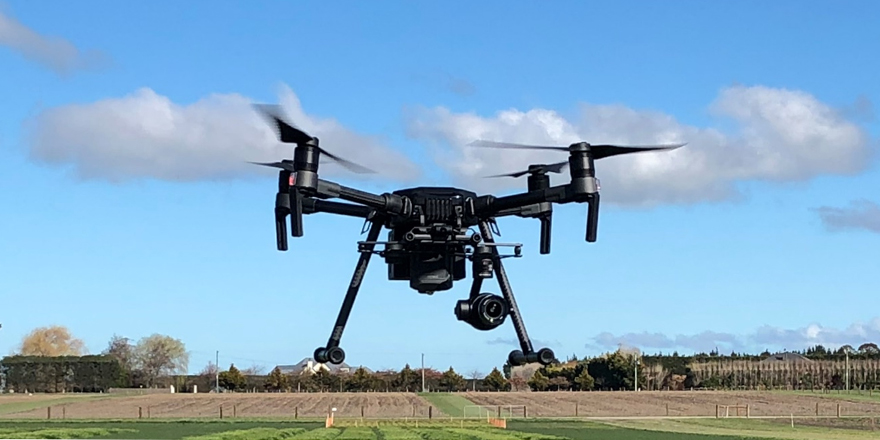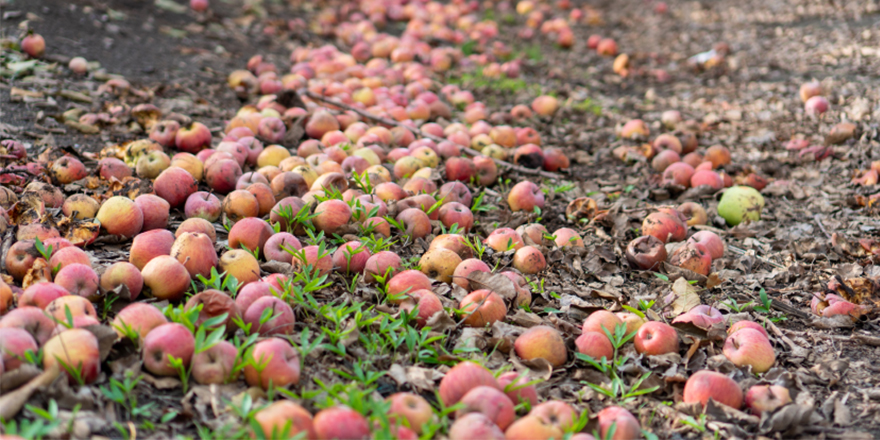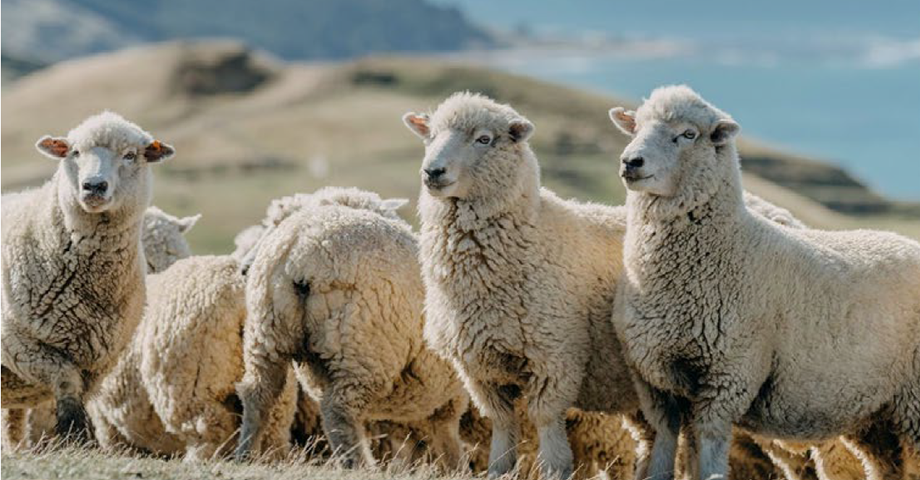
Executive summary
The Apiculture industry plays a key role in the economy not only for their production itself but also for all the benefits that bees provide to the ecosystem and economy. It is also important to consider that diversity and inclusion are not a trend or an item on the governmental agencies agenda, but it is one of the goals of the United Nations to achieve sustainable development by 2030. This report will focus on female beekeepers and will delve into their experiences in the New Zealand’s Apiculture Industry.
Key findings.
The nine interviews provided valuable insights and the semi-structured questions were thoughtfully organised into thematic groups that facilitated the subsequent thematic analysis of qualitative data. To maintain focus and coherence, the identified themes will be kept for in-depth exploration and analysis.
Representation: female beekeepers see the industry as a place where they are underrepresented.
Support: Mentoring was key, and life-changing support was received. The support they did not receive but was needed, is diverse; varies from one beekeeper to another greatly.
Barriers, Uncovering Biases and Advancing Gender Awareness: the most mentioned were gender-based bias and queen bee syndrome.
Women+: Work flexibility is especially important for employed beekeepers as well as for self-employed, this perk is fundamental in attracting more women into the industry and increasing retention.
Recommendations.
Increase women’s representation:
● Annual women’s meeting at the beekeeping conference.
● More female speakers at conferences.
● Showcase the ladies that represent the industry.
Biases, gender awareness and harassment: things to keep in mind on the way to gender bias-free interactions are: Question your bias, address inappropriate behaviour and act against “bad” behaviour.
Improve Gender Equality in job promotions: Ask Why? Why are women not applying for a position?
Download and read the full report here:




